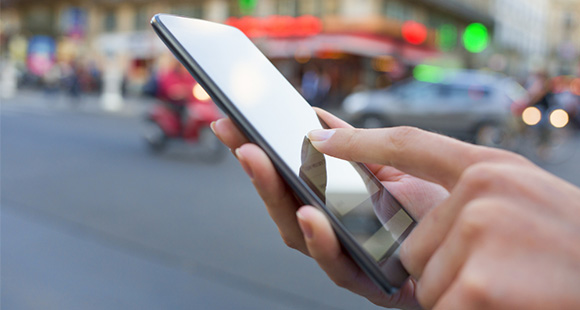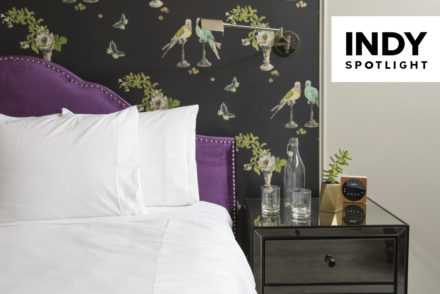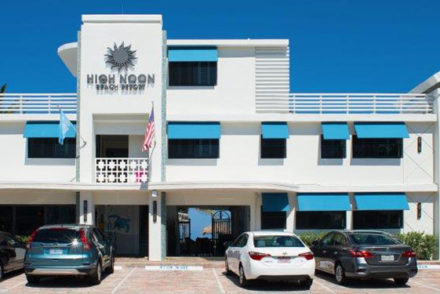Everywhere we turn, technology influences our lives. The hospitality industry is no exception.
Chances are you’ve already stayed at a hotel using keyless entry technology, which is beginning to alter how travelers check in to hotels and enter their guest rooms.
Here’s how it works: Once you reserve a room, the hotel’s system looks for you to arrive via your location-enabled smartphone. Upon arrival, instead of waiting in line at the front desk, you receive a room number and code enabling the phone to unlock the room’s door. Voilà: Hold the code up to the door lock, and sensors securely detect and verify the phone using technology such as Bluetooth®.
ROI opportunities
Digital tools offer a high return on investment (ROI) potential through increased brand loyalty and revenue from push notifications. According to Chip Rosales, Marketing Lead for y!kes, another reason for hotels to make the switch is a customer engagement boost. By allowing guests to check in through their mobile devices, hotels can seamlessly communicate with them. For instance, they can transmit messages asking guests about their room preferences or send information about discounts or events at the property.
Open to change
Major brands such as Starwood Hotels will retrofit 30,000 doors at 150 hotels worldwide by the end of the year. Hilton expects to offer keyless entry at all Conrad Hotels, Hilton, Waldorf Astoria and Canopy U.S. properties, expanding to 11 brands globally in 2016. And Kaba recently announced a partnership with OpenKey to develop and implement a full-property mobile access system, now live at a major Ashford property.
Striking a balance
One downside of keyless is the high up-front cost of retrofitting a large number of rooms (approximately $150 per door, from changing locks to replacing doors), especially at a franchise property, where upgrade costs are the individual owner’s responsibility. This is offset by the unlimited potential of interacting with guests through a mobile app. Another keyless concern is privacy and security, which involves rigorous testing of encryption technology.
Going beyond keyless
Of course, this isn’t the only technology making waves in hospitality. Take the ButlerPad, for example. This new cloud-hosted concierge application offers reputable locally curated activities and real-time customer service to guests. Accessible from a mobile device or computer, and integrated with the guest’s end-to-end travel experience, ButlerPad amplifies the guest experience. Slated to be the next Wi-Fi, many top hotels are expected to roll out the virtual concierge within the next five years.




